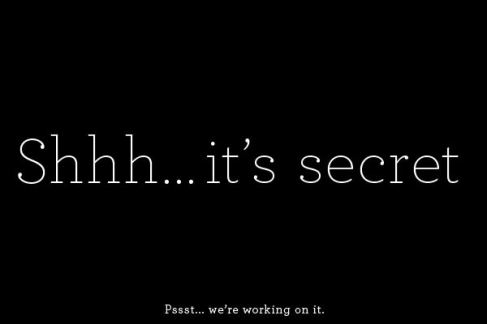From the moment we are born, the people around us – particularly those with power – try to convince us that ‘silence is golden’. It’s most extreme expression may well be the old maxim that ‘good girls should be seen but not heard’. As activists, we spend a lot of time thinking about how we can have our voices heard. But as today’s discussion showed again and again, there are also silences that we need to overcome within our own lives and within our own communities.
For the last few hours we’ve been trying to unpack the key challenges we’re facing. As we know, there is no shortage of problems: overcoming invisibility, gaining full control over our bodies, accessing our reproductive rights, becoming informed about sexual health, to name a few. But some of the richest discussions to emerge today related to the more subtle struggles we face.
A lot of the time it’s easy to identify the way that patriarchal power plays out in society. But power also works in insidious ways; within our own bodies, within our relationships, communities and movements, we often absorb and replicate destructive hierarchical power structures. Even the most politically aware of us make assumptions about others’ lives or bodies; often, especially when the bedroom door closes, we find ourselves falling into traditional gender roles. The desire to label and describe is strong – who among us isn’t shaped by the culture in which we exist? – but this can also lead us to inscribe our own and others’ bodies with ways of being that may be damaging or limiting.
On the flipside, labels can be powerful: they help to raise visibility and are often important for movement-building. So how do we negotiate this dilemma? We’re still nowhere close to the answers, but having open dialogue is the best place to start. And here at the workshop there is certainly a lot of ground being covered.
These conversations are vital. We must start challenging ourselves to think about the position of trans*, intersex and gender-nonconforming individuals in our movements; about how we can constructively talk about our own bodies; about how we can effectively challenge traditional notions of gender; about how we can positively construct new ways of thinking and being.
At the heart of all of these questions is the notion of silence: we cannot smash patriarchy until we end the silence, and we cannot end the silence until we recognise power in our own lives. People’s unwillingness to recognise and interrogate issues of HIV/AIDS or to acknowledge intimate-partner violence within lesbian or gender-nonconforming relationships undermines broader moves to battle oppression and stigma.
We are lucky to be having some of these conversations here and now, and we’re looking forward to sharing some of these discussions with you. But even more, we’d love to hear what you think. How are these silences affecting your life? What forms of power are being ignored within our activist movements? How do you feel about labels?
Stay tuned for updates on these exciting conversations.
Workshop coverage provided by Gay and Lesbian Memory in Action in collaboration with the Coalition of African Lesbians (CAL).
